Secrets that support Japanese longevity
Lately, it's been said that Japan is the country with the longest life expectancy. In reality, according to the WHO's 2014 World Health Statistics, Japanese people have an average lifespan of 84 years, which continues the record of longest life expectancy from last year. (Men have an average of 80 years, 8th in the world, while women are number one at 87 years old.)
Also, as of August 2014, the oldest man and woman in the world as recorded in the Guinness Book of World Records, sitting at 111 years and 116 respectively, are both Japanese.
What are the secrets to these long lives? While there have been many investigations into this question, a clear causal relationship has not been made evident.Here are five points that lead to good health and are thought to be some of the reasons for Japanese people's longevity..
[1] Diet
. Nutritionally balanced Japanese food
b. Eating moderately
[2] Hygiene
It's said that Japan is one of the most hygenic societies in the world. Living hygienically protects us from infectious diseases and all sorts of germs. Here are 4 customs and examples of how Japanese people indulge in high levels of personal hygiene.
a. Bathing habits
Thermo therapeutic effects
It works to warm up your body. If you submerge yourself in a bathtub, you raise your body temperature and your capillaries stretch out and your circulation improves. Because of that, your metabolism rises, your fatigue disappears, and your muscle stiffness and soreness is softened.
Water pressure effects
This is the water pressure on your body. This pressure can help reduce your waist by 3-5 centimeterrs, and it's not just the way you look but it also influences your subcutaneous blood vessels. Because of this, it pushes back the blood concentrated in your limbs and invigorates your circulation while improving the flow of your blood and lymph fluid.
Buoyancy effects
Just like the way you float in pools or in the ocean, bouyancy comes into play in the bath as well. Your body weight becomes 1/10th of what it normally is. Thanks to that, your muscles and joints that usually support your body weight can rest, and the tension in your whole body comes apart.
b. Toilets equipped with bidets
Japanese toilet seats equipped with bidets have recently been very popular overseas, and it can be said that it's one of the ways Japanese people have such a high level of hygiene.
c. No shoes in the house
Historically, Japanese people have not worn shoes inside the house. Thanks to this, since people will not be tracking mud or dirt into the house, it's an easy way to keep things hygienic.
d. Even public services have a high level of hygiene
namba.keizai.bizLately, Japanese public libraries have been introducing "book showers" in which books that were lent out and have been returned are disinfected and sterilized. This "book shower" uses UV rays to disinfect the book, then blows wind at it to dislodge any trash that might be stuck inside of it so that the person who borrows it next can have it in the cleanest condition possible.
Public transportation also have high cleanliness standards. For example, on the shinkansen, the special brush they use has a wetness sensor and if a seat is damp it will ring an alarm.
[3] High levels of societal engagement
It's said that having a concrete and emotional connection to one's society even after one reaches an advanced age is one of the factors in a long life.Here are two points about Japanese people's high levels of societal engagement.
a. Employed people over 65 years old
b. Enjoyment of everyday lives
Many of Japan's elderly stay proactive in their community through activities like neighborhood associations or gateball games.
[4] High rates of health consciousness
Because of the high rates of health consciousness, exercise is tied into one's daily lifestyle.
a. Dry towel rubdown
Rubbing one's skin with a dry towel has been a health method in Japan since time immemorial.
Yuichiro Miura, the adventurer who at age 80 became the oldest person to climb Mt. Everest, woke up early during their hikes to give himself a dry rubdown in order to warm up his body.
b. Radio exercises
Radio exercises are calisthenics that are done along with music playing from a radio. Radio exercises have a long history in Japan, and the majority of Japanese children go to school every morning in the summer to do them.
c. Reduction in salt intake
[5] High levels of health consciousness
a. Physicals and medical checkups are done at schools and workplaces
b. Universal healthcare
This is a photo of a Japanese employee's health insurance card.
Due to Japan's universal healthcare, everyone is responsible for one portion of the medical bill so that they can get treatment. Once you present this card at the clinic, the patient pays 30% of the bill, and the other 70% is taken care of by the country.
--
Posted by: =?UTF-8?Q?=E2=99=A3_=E2=99=A3_=E2=99=A3M=2ED=2E_?= =?UTF-8?Q?HEGDE=E2=99=A3_=E2=99=A3_=E2=99=A3?= <hegde_csl@yahoo.co.in>
| Reply via web post | • | Reply to sender | • | Reply to group | • | Start a New Topic | • | Messages in this topic (1) |
To subscribe send a mail to Keralites-subscribe@yahoogroups.com.
Send your posts to Keralites@yahoogroups.com.
Send your suggestions to Keralites-owner@yahoogroups.com.
To unsubscribe send a mail to Keralites-unsubscribe@yahoogroups.com.
Homepage: http://www.keralites.net
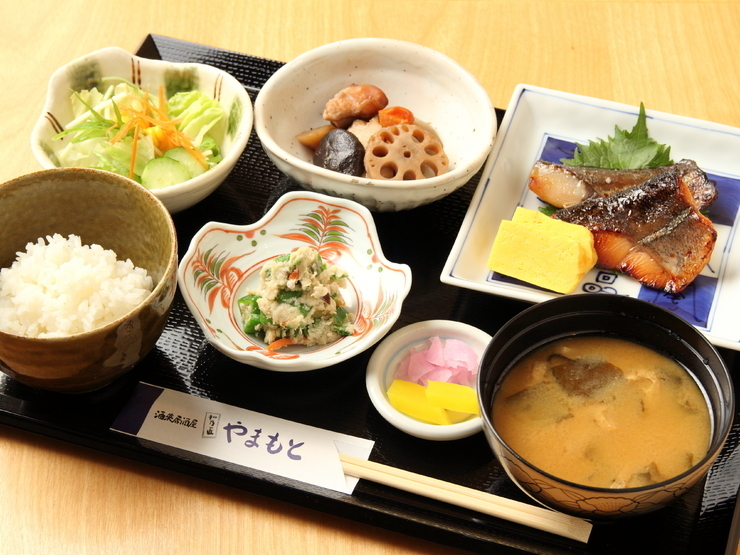
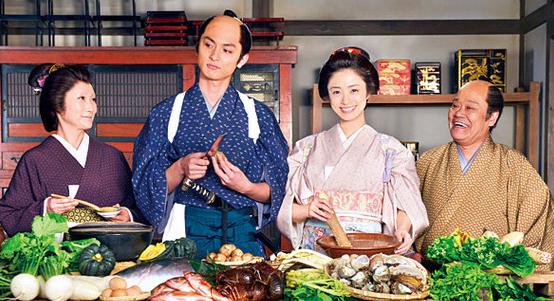
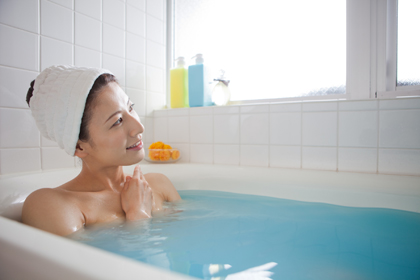
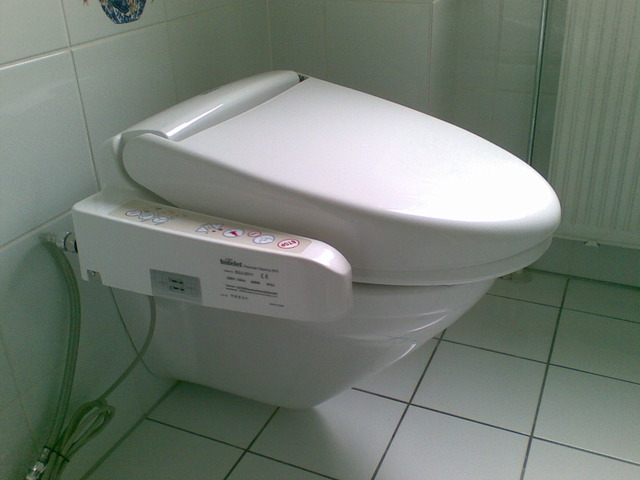
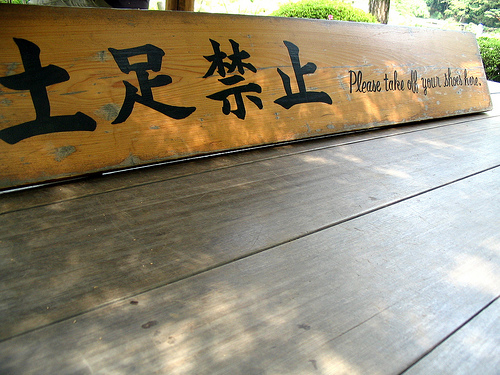
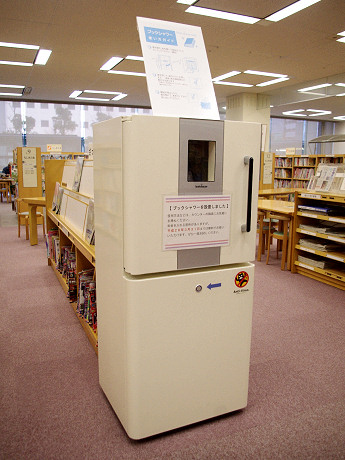

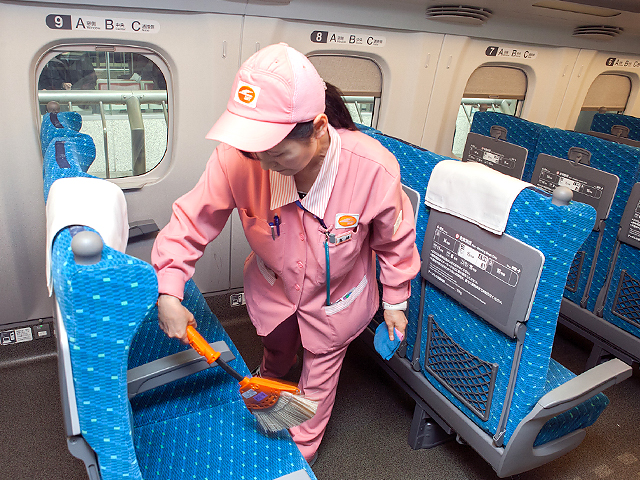
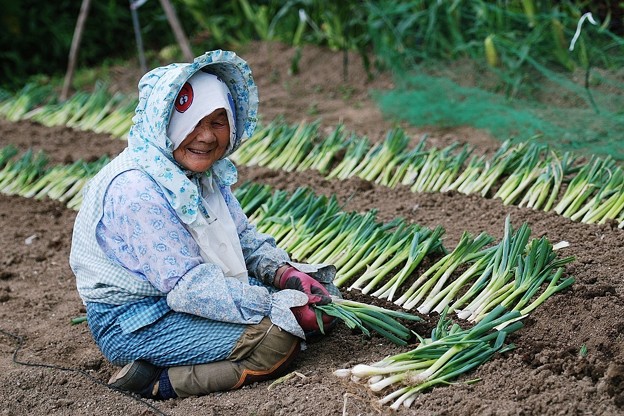
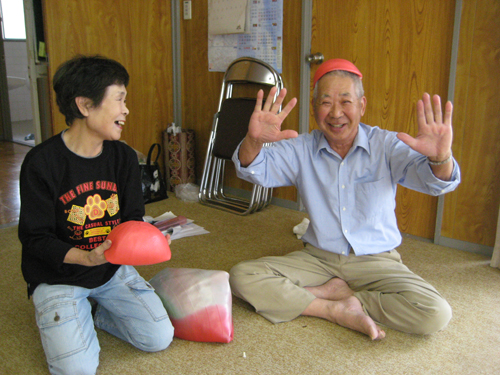

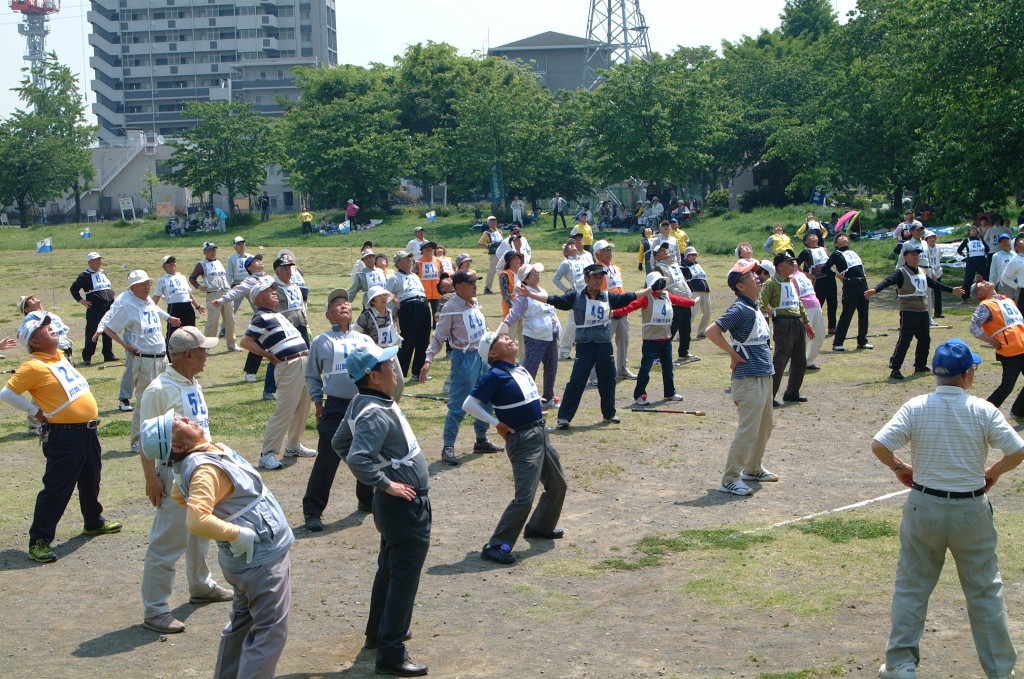

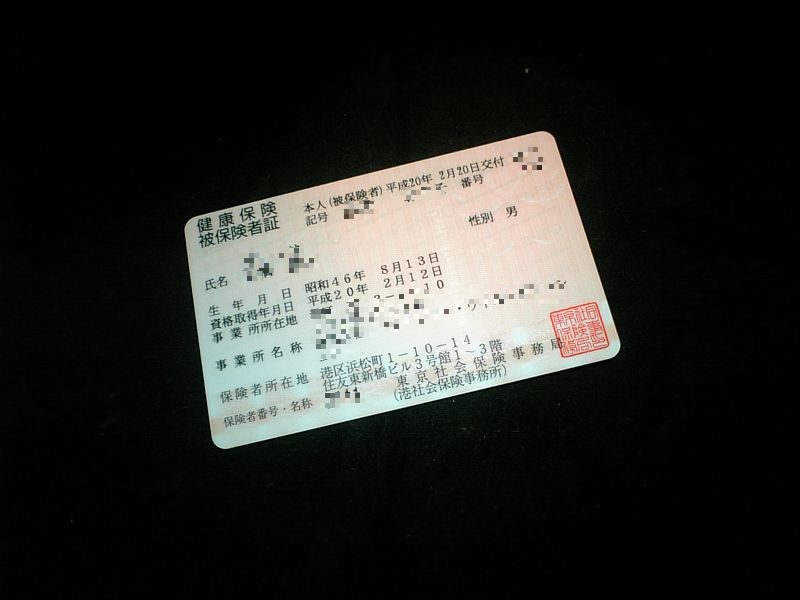
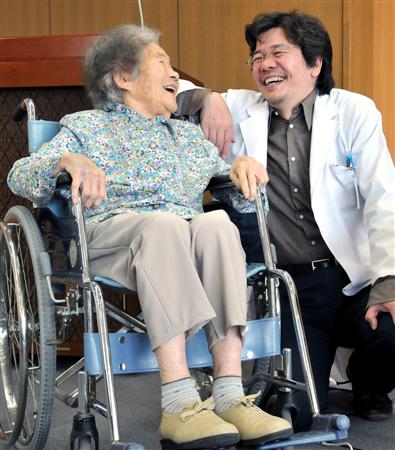
No comments:
Post a Comment